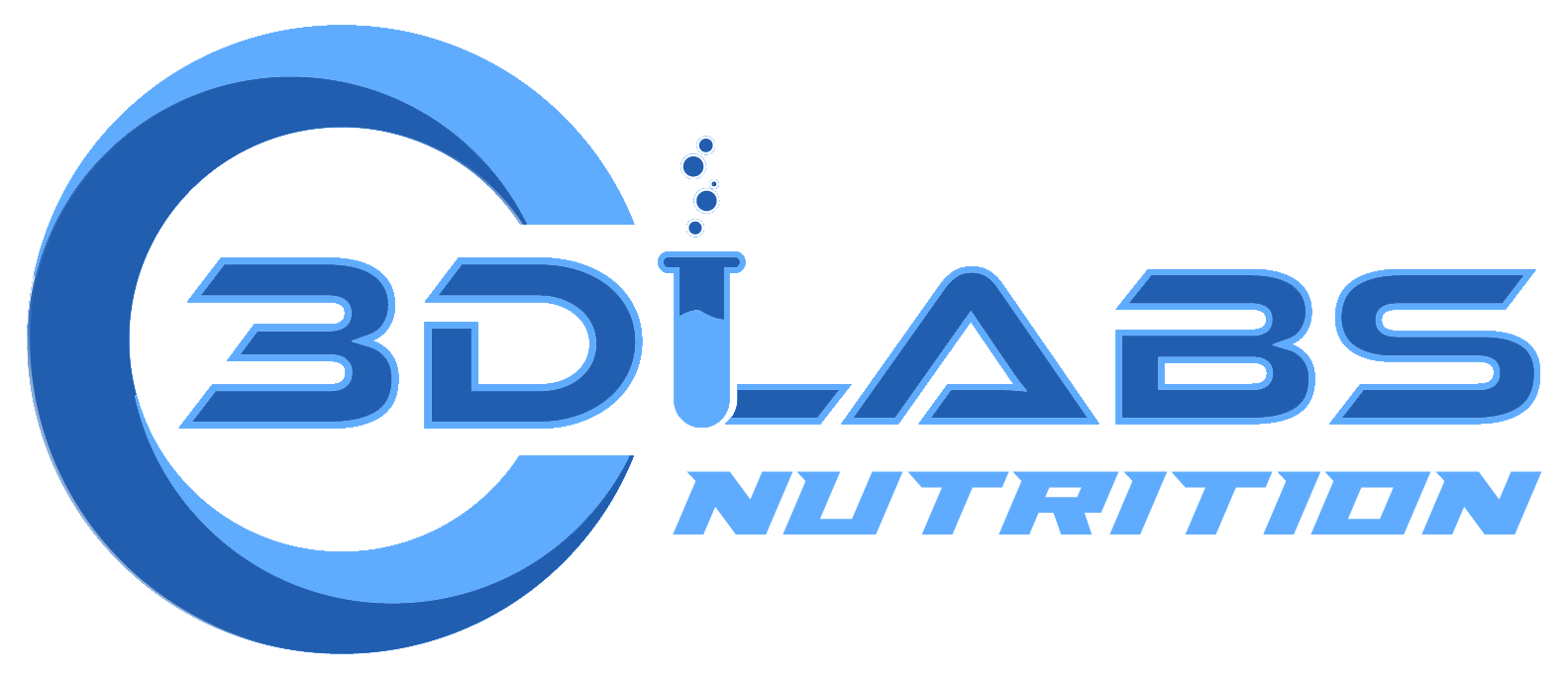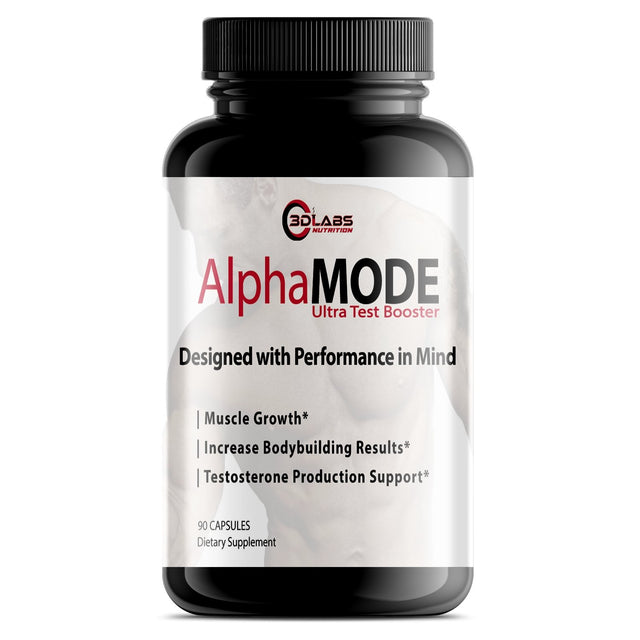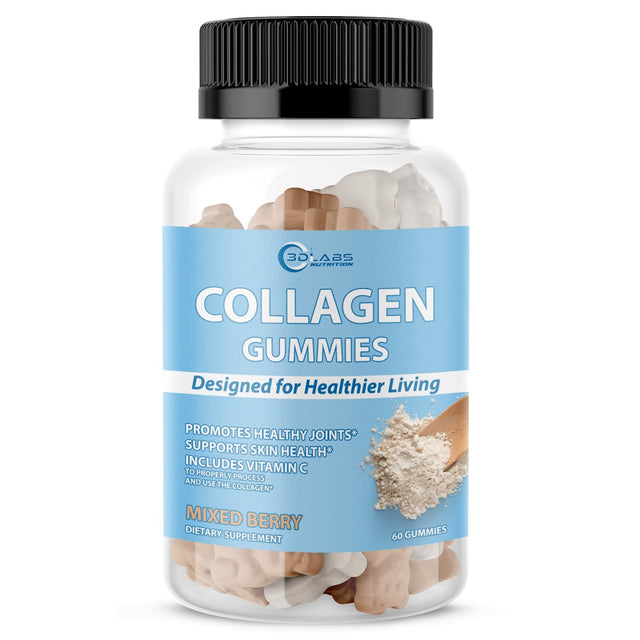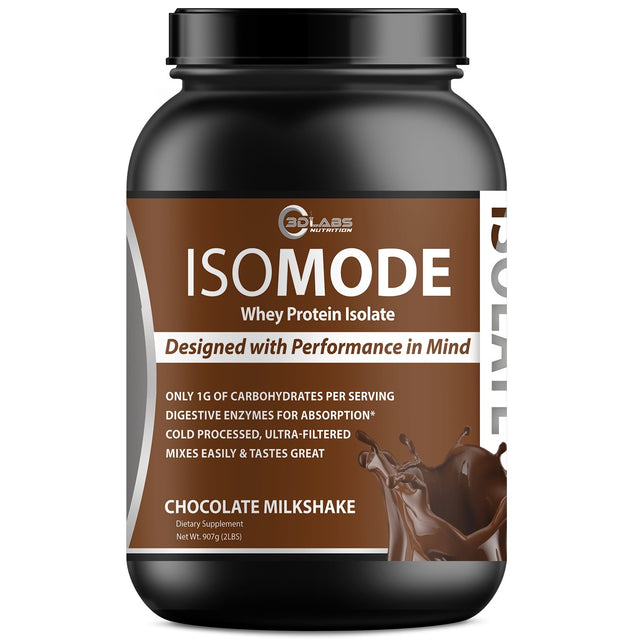The Simple Guide to Staying Fit: 10 Habits to Adopt Today
The Simple Guide to Staying Fit: 10 Habits to Adopt Today
Staying fit doesn’t have to involve an endless string of fad diets, extreme workout routines, or the latest expensive gadgets. The truth is, fitness comes down to a series of small, consistent habits that work together to improve your health and well-being.
Whether you’re just starting your fitness journey or looking to refine your routine, this guide is packed with actionable habits that you can adopt today. These 10 simple habits are designed to fit seamlessly into your life, helping you achieve your fitness goals without feeling overwhelmed.
Move Daily (It Doesn’t Have to Be the Gym)
Staying fit is as much about consistent movement as it is about hitting the gym. Incorporating movement into your daily routine can boost your metabolism, improve cardiovascular health, and enhance your mood.
How to adopt it:
- Take the stairs instead of the elevator.
- Go for a brisk walk during lunch breaks.
- Incorporate stretching or yoga into your mornings.
- Try micro-workouts—short bursts of activity throughout the day.
Pro Tip: Find an activity you enjoy, whether it’s dancing, hiking, or gardening. The more you love it, the more likely you are to stick with it.
Prioritize Strength Training
Building and maintaining muscle mass is one of the most effective ways to boost your metabolism, improve bone density, and enhance overall fitness. Strength training doesn’t mean you have to lift heavy weights—it’s about challenging your muscles in a way that works for you.
How to adopt it:
- Start with bodyweight exercises like squats, push-ups, and planks.
- Use resistance bands or light dumbbells for added intensity.
- Incorporate strength training 2–3 times a week, focusing on major muscle groups.
Pro Tip: If you’re short on time, try compound exercises like lunges or deadlifts, which target multiple muscle groups in one move.
Stay Hydrated
Proper hydration is essential for energy, digestion, and overall performance. Dehydration can lead to fatigue, headaches, and even impaired physical performance.
How to adopt it:
- Start your day with a glass of water to rehydrate after sleeping.
- Carry a reusable water bottle to make sipping throughout the day easier.
- Set reminders on your phone to drink water, especially if you tend to forget.
Pro Tip: Add a slice of lemon or cucumber to your water for a refreshing twist and added flavor.
Fuel Your Body with Whole Foods
Your diet is the foundation of your fitness. Focusing on nutrient-dense, whole foods ensures your body gets the vitamins, minerals, and energy it needs to perform at its best.
How to adopt it:
- Plan meals around lean proteins, whole grains, healthy fats, and plenty of vegetables.
- Limit processed foods, sugary snacks, and empty calories.
- Prep healthy snacks like cut veggies, nuts, or hard-boiled eggs to avoid unhealthy temptations.
Pro Tip: Follow the 80/20 rule—eat whole, nutritious foods 80% of the time and allow for indulgences the other 20%.
Get Quality Sleep
Sleep is when your body repairs, recovers and builds strength. Skimping on sleep can lead to decreased performance, poor recovery, and even weight gain.
How to adopt it:
- Aim for 7–9 hours of sleep each night.
- Create a bedtime routine to signal your body that it’s time to wind down.
- Avoid screens and caffeine at least an hour before bed.
Pro Tip: Consistent sleep schedules aren’t just for kids. Going to bed and waking up at the same time daily helps regulate your internal clock for better sleep quality.
Set Small, Achievable Goals
Big fitness goals can feel intimidating, but breaking them into smaller, more manageable steps makes them achievable.
How to adopt it:
- Start with daily or weekly goals, like drinking a certain amount of water or walking 10,000 steps.
- Track your progress with a fitness app or journal.
- Celebrate milestones, no matter how small—they’re stepping stones to your ultimate goal.
Pro Tip: SMART goals (Specific, Measurable, Achievable, Relevant, and Time-bound) are a great framework for success. For example, instead of saying “I want to get fit,” say, “I’ll walk 30 minutes every day for the next month.”
Stay Consistent, Not Perfect
Consistency beats perfection every time. Fitness is about building habits that you can sustain over the long term—not about being perfect every day.
How to adopt it:
- Focus on progress, not perfection.
- Allow yourself grace if you miss a workout or have an off day.
- Aim for consistency over intensity—small efforts add up over time.
Pro Tip: Remember that fitness is a journey, not a destination. It’s okay to adjust your plan as life happens.
Incorporate Active Recovery
Rest is just as important as movement when it comes to staying fit. Active recovery days help prevent burnout and reduce the risk of injury while keeping your body in motion.
How to adopt it:
- Use active recovery days for low-intensity activities like walking, yoga, or swimming.
- Stretch or foam roll to improve flexibility and relieve muscle tension.
- Listen to your body—if you’re feeling fatigued, prioritize rest.
Pro Tip: Schedule active recovery days just like you would a workout. This ensures you’re giving your body the care it needs.
Surround Yourself with Support
Fitness is easier—and more enjoyable—when you’re not going it alone. Surrounding yourself with a supportive community can keep you motivated and accountable.
How to adopt it:
- Join a local fitness class or group that aligns with your interests.
- Find a workout buddy to help keep you accountable.
- Share your goals with friends or family who encourage your efforts.
Pro Tip: Online communities and fitness apps can also provide motivation, support, and a sense of belonging, no matter where you are.
Practice Gratitude and Positivity
Your mindset is a powerful tool in your fitness journey. Staying positive and grateful for what your body can do helps you stay motivated and enjoy the process.
How to adopt it:
- Keep a gratitude journal to note three things you’re thankful for each day.
- Celebrate non-scale victories, like lifting heavier weights or running longer distances.
- Shift your mindset from “I have to work out” to “I get to move my body.”
Pro Tip: Remember that fitness is a privilege, not a punishment. Appreciating your progress and efforts can make all the difference.
Final Thoughts
Staying fit doesn’t have to be complicated or overwhelming. By focusing on these 10 habits, you can create a lifestyle that supports your health, energy, and happiness.
The key is to start small and stay consistent. Pick one or two habits to implement today, and as they become second nature, add more to your routine.
Always Remember...
We would love to hear your thoughts on this, or any other article we write, so please, drop us your comments, ideas, input, and suggestions in the comments below.
And, by all means, if you think anyone in your world might like something we write, use the share buttons below to help us spread the word!
Until next time...PROGRESS, not PERFECTION!
Don't forget, always consult your physician before making any changes to your diet or exercise regimen.
Live a 3D Life...Decisions Determine Destinations!








0 Comments
There are no comments for this article. Be the first one to leave a message!